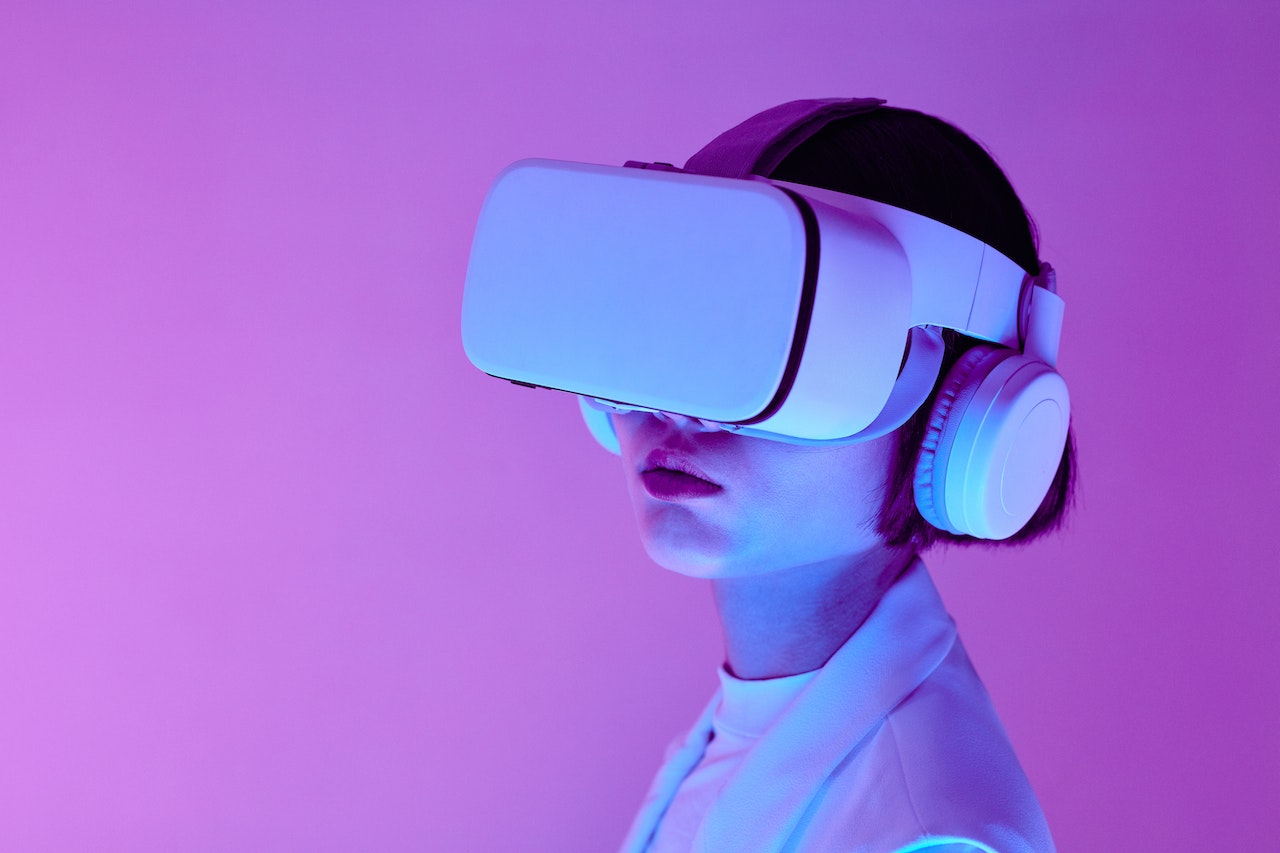As per an OECD report, 14% of occupations on the planet could be impacted by the development of Artificial Intelligence. The rate is to some degree higher up to 22%, despite the fact that it is for the most part lower than anticipated. Not all positions can be supplanted in light of the fact that it won’t be imaginable or proficient all the time.
Chapter by chapter list
- Conduct Impact
- Created Stupidity
- Predisposition And Lack Of Neutrality Of Machines
- Man-made reasoning Security
- Unseen side-effects
- Robot Rights
Conduct Impact
The first model we as of now see day to day in quite a while. Youngsters treat remote helpers discourteously since Alexa or Siri comply without the need to ask them for things, please. The gamble is that youngsters can move these ways of behaving to their associations with individuals, something that, as this Washington Post article cautions, is now starting to occur. More inquisitive yet less instructed youngsters.
Thought up Stupidity
It is getting increasingly hard to trick the machines. Yet, doing it is conceivable. “We envision that there is a little human cerebrum inside the PC, yet no, it’s simply programming and math,” makes sense of Meredith Broussard, writer of the book Artificial Stupidity. They are not faultless: there are cosmetics and ensemble strategies to trick facial acknowledgment frameworks. As made sense of, Smart TV With AI work actually should be finished to accomplish completely productive Artificial Intelligence.
Predisposition And Lack Of Neutrality Of Machines
The man-made consciousness framework utilized by decided in the US as a counsel has a predisposition and deters dark residents from opportunity more frequently than whites. The calculation examines 173 factors — not a single one of them is race — and gives a likelihood of recidivism from 0 to 10. The issue isn’t the machine yet the gamble that the appointed authority agents to it.
Man-made reasoning Security
The video of Barack Obama offending Donald Trump became famous online some time back in the United States. But it was bogus. Man-made reasoning can turn into an incredible partner to assembling counterfeit news on the off chance that we don’t utilize it with the fitting morals. In this particular case, the video is a formation of FakeApp, with the assistance of Adobe After Effects. This product utilizes AI to filter individuals’ countenances in a video and mimic them.
Potentially negative results
In July 2017, every one of the cautions went off. Two Facebook chatbots had fostered a language that their software engineers didn’t have the foggiest idea. It was, notwithstanding, a straightforward programming mistake. a specialist in computerized reasoning at the CSIC, keeps up with that no machine has goals, nor will they at any point have them. “They can help themselves to play Go and beat a hero, however they don’t have the foggiest idea what they’re playing. Assuming we put that equivalent machine to recognize photographs of canines and felines, it would fail to remember all the other things.
Robot Rights
At long last, the leader of the Think Tank “We the Humans” declared that robots shouldn’t have freedoms since they don’t have liabilities by the same token. “Today a robot isn’t free, consequently it shouldn’t pay all due respects to anybody. Individuals behind an astute framework should answer in the event that the need emerges,” he said.
